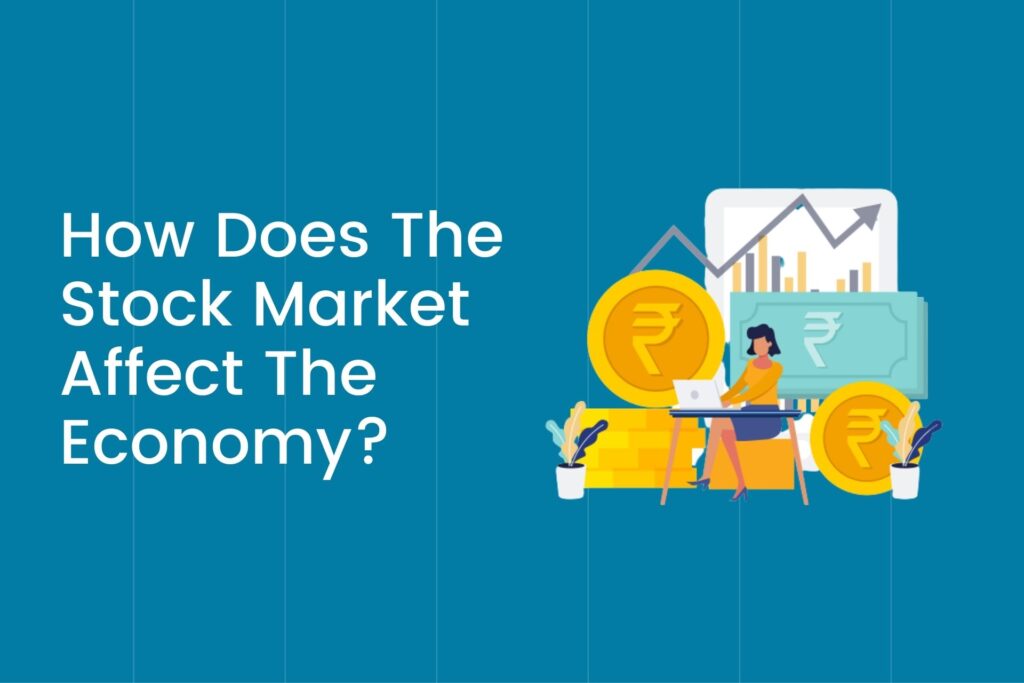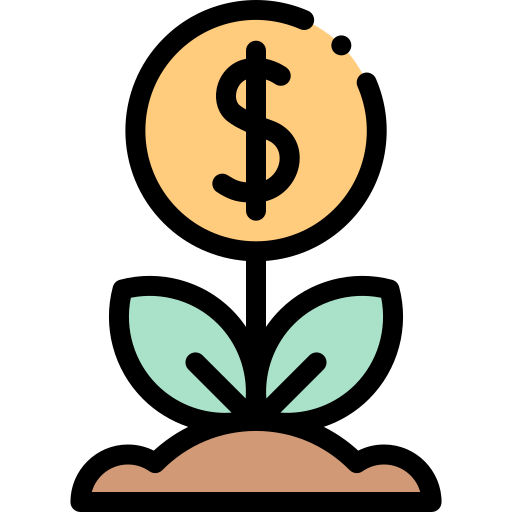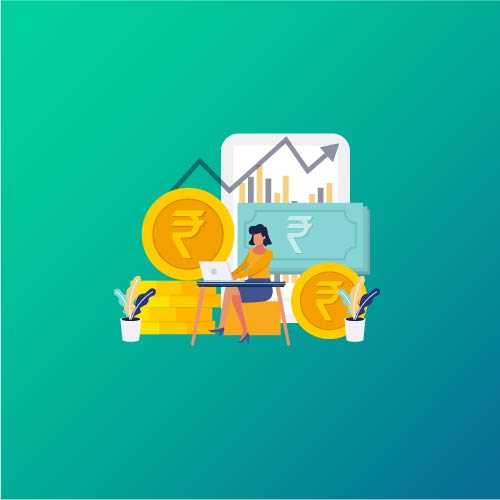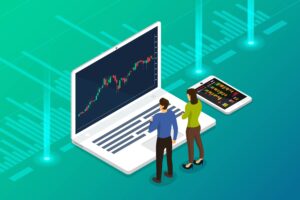The Stock Market is a good indicator of the economy and that’s why the two terms are mixed up. The stock market is a part of the economy, and does contribute to the economy’s growth, but it is not the same as the economy. So, how does the stock market affect the economy?

The Stock Market Vs. The Economy
The economy is the entire makeup of goods and resources in the country. The more goods and resources in the country contribute to a stronger economy overall. The manner in which these goods and resources are used up, define the economy as a whole. The economy can be measured with many concrete indicators, such as the GDP, consumer spending, and employment rate.
The stock market is a completely different animal. Unlike the economy, the stock market is mainly driven by consumer emotions. If consumers are feeling positive about the economy, they invest. This phase is called a “bull market”. When investors are feeling pessimistic about the economy, they look for other alternatives. This phase is called a “bear market”. Unlike the economy, the stock market is much more volatile, and cannot be concretely described using only indicators.
Here are a few examples of how the stock market affects the economy.
Consumer Spending In The Stock Market
Since the stock market is made up of companies, it can be used to track economic growth. If the stock market goes up, that means companies are doing well, which leads to an increase in the GDP.
As individuals become more optimistic in the economy and market, they increase their spending. This is known as the “wealth effect”. More investments in the market lead to more profits, and higher prices. This drives up the economy.
When investors make more money from the market, they spend more lavishly and buy more products. These sales go to big companies, which allows them to make more money and sell more products, which increases the GDP of the economy.
In contrast, when the stock market falls, and a prolonged bear market settles in, fewer investors buy shares of companies. Since they are making less money from the market, consumer spending decreases, and so does the GDP. Only when a long bear market settles in, does it have a big influence on the economy
Pension Plans
The volatility of the stock market is a serious problem when it comes to pension plans. Many retired people have severely compromised pension plans due to the decline of the stock market. Pension plans invest a lot of money into the stock market, and when it crashes, pensions are reduced. If these people have low pensions, they will spend less, which decreases sales of companies.
Bond Market
When the stock market declines, more and more investors will turn to the bond market. There, they get a low risk, fixed returns in times of uncertainty. Hence, bond prices increase, resulting in a positive outcome in the bond market.




